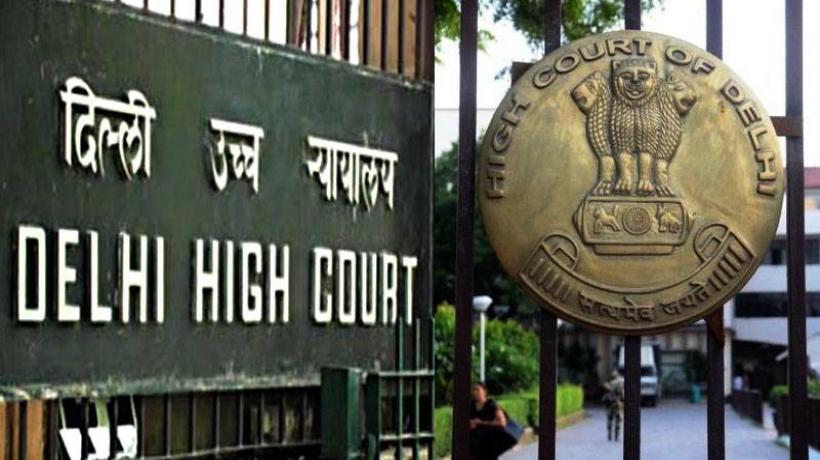The Delhi High Court in the case Payal Malhotra v. Sulekh Chand observed that the dishonor of a cheque given as security attracts Section 138 of the Negotiable Instruments Act, NI Act and the cases where the cheques are dishonoured for reasons ‘payment stopped’ or ‘account closed’ also fall within the ambit of the provision.
The bench headed by Justice Rajnish Bhatnagar in the case observed while hearing the plea moved by one Payal Malhotra, who seek quashing of the NI Act case which is pending against her before the Trial Court.
The petitioner in the plea contended before the court that the cheque in question was given to the respondent or complainant as a security, and not in discharge of any existing legally recoverable debt or liability.
The court observed that the same was misused by the respondent and not returned despite sending of legal notices notifying about closure of the relevant bank account.
The court after hearing the submissions reiterated that cases where the dishonoured cheque was statedly given as a security attracted Section 138 of the NI Act.
Adding to it, the court stated that not only the cases of dishonour of cheques on account of insufficient funds or exceeding of arrangement but the cases which involves dishonour of cheques on accounts of ‘payment stopped’ and ‘account closed’ have also been brought within the ambit of offence under the aforesaid provision.
The court stated while speaking of the limited jurisdiction of the High Court as stated under section 482 of the Code of Criminal Procedure, CrPC that this court does not find any material on record which can be stated to be of sterling and impeccable quality warranting invocation of the jurisdiction of this Court under Section 482 Cr.PC at this stage. Thus, the defence as raised by the petitioner in these petitions requires evidence, which cannot be appreciated, evaluated or adjudged in the proceedings initiated under Section 482 of Cr.PC and the same can only be proved in the Court of law.
The ebnch headed by Justice Bhatnagar in the case obserevd and has deprecated the practice of litigants to approach High Courts for quashing of cases under NI Act, without first leading a defense before the Magistrate.
The court noted that the parties’ approach High Courts intending that the court step into the shoes of the Metropolitan Magistrate and exonerate them after hearing their defense.
It has also been opined by the said court that the NI Act provides ample opportunities to issuers of cheques before they are proceeded against in a court of law. Thus, but when dues ultimately remain unpaid, criminal trial ought to begin.
The court stated that the High Court cannot usurp the powers of the Metropolitan Magistrate and entertain a plea of accused, as to why he should not be tried under Section 138 of the N.I. Act. Thus, the plea moved as to why he should not be tried under Section 138 of the N.I. Act is to be raised by the accused before the Court of the Metropolitan Magistrate under Section 251 of the Cr.PC and under Section 263(g) of the Code of Criminal Procedure, Cr.PC.
Adding to it, the court stated that the burden of taking a defense and proving why he must not be put to trial is on the accused, and the same cannot be shifted on the complainant and once the court issued the summoned order, the accused must take notice as stated under Section 251 CrPC and enter plea of defense before the Metropolitan Magistrate.
The court while considering the facts and circumstances of the case stated that if an accused has the defence against dishonour of the cheque in question, it is he alone who knows the defence and responsibility of spelling out this defence to the Court and then proving this defence is on the accused.
Accordingly, the court dismissed the plea without issuing notice to the respondent.
The counsel, Advocate Yogendra Kumar Verma appeared for the petitioner.

















